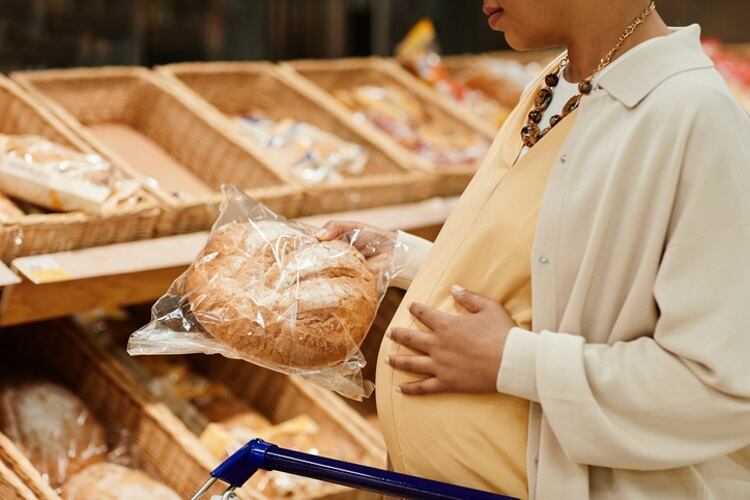With a milling and trading legacy spanning eight generations since the 1800s, Matthews Cotswold Flour is one of the UK’s oldest family-run flour mills.
The Chipping Norton-based mill specialises in time-honoured milling techniques, but is on a mission to bring its Organic and Stoneground Wholegrain flours into a 21st century mindset by supporting sustainable food sources.
Through the Cotswold Grain Partnership, the business is working with local farmers to grow in a sustainable way that protects the soil and develops wildlife. By giving back some profits to the farmers, it is able to support regenerative farming practices and increase the use of these methods across all its suppliers.
“I would like to think that my family will be continuing this tradition for many years to come and that is why we have made the commitment to work in partnership with our local farmers to ensure our business is helping to preserve the fertility of the soil for future generations,” said MD Bertie Matthews.
“It has been widely reported that we might only have 50 harvests left if we continue to allow soil decay in industrial agricultural systems.
“We want to do everything that we can to change that outlook, which is why we set up the Cotswold Grain Partnership to guarantee a fair price for our local farmers who are prepared to adopt regenerative farming methods such as diversification, use of natural fertilisers, crop rotation and reduced ploughing.”
Matthews added the industry’s mantra in the past was to produce as much generic flour as possible for as little as possible. This is no longer a sustainable business model.
The Cotswold Grain Partnership brings together a wide network of local farmers farming a diverse range of grains, including ancient or heritage grains.
“Moving away from intensive farming practices is the first step in protecting the health of our soil, which is fundamental to the future of agriculture in our area,” said Matthews.
“However, there are many other benefits, too. Diversification enables a reduction in the reliance on chemical fertilisers, offsets the risks of a poor harvest for any one type of grain and engenders an enhanced wildlife habitat.”
Win:win
The Cotswold Grain Partnership is an offshoot of a meeting between Matthews and neighbour Ian Wilkinson, founder of Farm ED, a not-for-profit that aims to inspire and educate people to build sustainable farming and food systems that nourish people and regenerate the planet.
For the past eight years, Wilkinson has been transitioning his intensive mono-culture practices on his 107-acre Cotswold farm to a complex rotation with deep rooting herbal lays, animal grazing and natural fertilisation. The resulting improved health of the farm’s soils has ensured high quality crops, wildlife-friendly habitats and greater retention of carbon in the soil, otherwise known as carbon sequestration.
We need to shake it up
Wilkinson said there are approximately five million acres of wheat effectively grown as single varieties in the UK. These monoculture systems are losing carbon to the atmosphere.
“The carbon in the soil is what holds the soil together and holds the moisture in. Any carbon we are releasing into CO2 warms the planet and makes the situation worse,” said Wilkinson.
“A greater range of tougher more resilient cereal crops is going to be essential for our food supplies going into a climate change future. By creating demand for such a variety of grains, Matthews Cotswold Flour is helping our local farmers to move to more sustainable practices.”
The initiative has upsides for the mill’s customers, too, “beyond the satisfaction of knowing that their flour is produced in a way that is kind to the planet”.
Matthews said the varied grain offering puts the mill at the forefront of the specialist flour market, and makes a much wider spread of ancient grains and blends more readily available to the nation’s artisan sector. The mill currently offers a range of over 30 different blends to professional and home bakers through its online shop and retail and wholesale outlets.
“This gives them access to an unparalleled choice of flours that produces a huge variety of fabulous tasting, nutritious bakes. Everyone benefits.
He added, “We know that we are only at the start of our sustainability journey, but by acknowledging that soil health is fundamental to our business and making its preservation part of our core strategy, we believe we have already made huge strides in the protection of our soil for future generations.”





